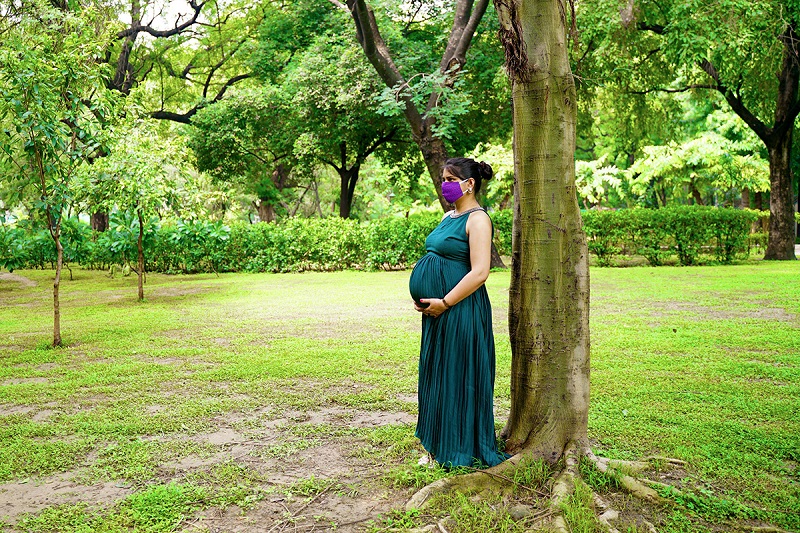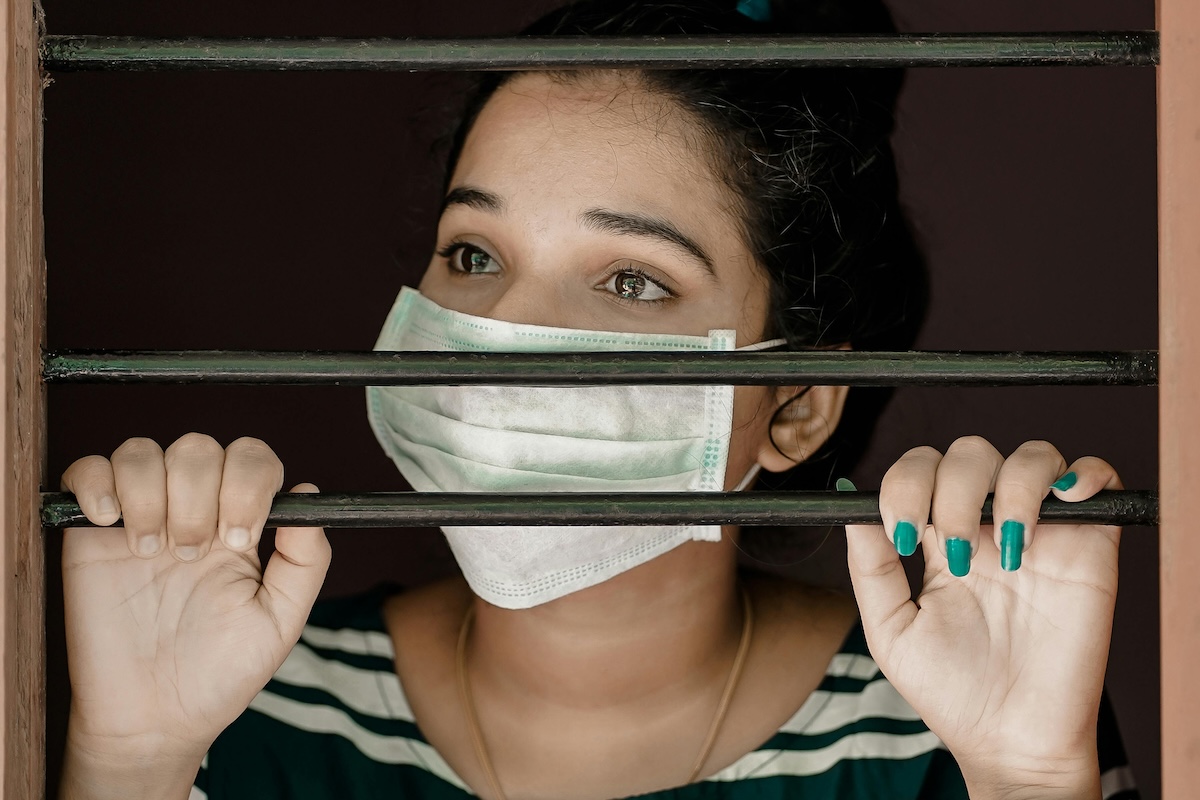I am 14 weeks pregnant and just tested positive for COVID. What are the risks to my baby?
—Anonymous
First of all, I’m sorry you are sick and I hope you’re feeling all right!
The good news is that in the current moment — when most people are vaccinated and most of us have had COVID at least once — serious illness has become much rarer. For healthy young adults (which includes you, even with pregnancy), the chance of serious complications is very small. You may well have fever and cold symptoms, but manageable ones.

You may have read about risks of long COVID after pregnancy; as I wrote about before, this data is not compelling.
In terms of risk to the baby, there are not any serious risks to your baby from COVID infection. Infection later in pregnancy would provide some protection to your baby after birth; at 14 weeks, you may be too early for that, and your doctor may therefore recommend a booster closer to delivery.
Bottom line: It sucks to be sick when you are pregnant, but you do not have to worry more about this than you would about other colds or respiratory illnesses.
Community Guidelines















Log in
Anecdotally, I had COVID when I was 6 months pregnant. I would not have thought COVID had my OB not encouraged me to test. I took Paxlovid and tested negative within 3 days (no rebound either). My healthy babe is only 9 months now and as far as I know COVID didn’t effect my pregnancy or her health. I was pretty heavily monitored because I had her at 43.
Is this a “we are sure there are not increased risks” situation or an insufficient data situation? The fact that you’re not linking to studies showing a lack of risk makes me worried that it’s the latter. I agree that the long covid in pregnancy study in the linked post is poorly done, but that just means it gives us no information one way or the other. Frankly, given how new covid is, I’d be surprised if we *did* have adequate data. I recognize that you’re walking a delicate line here in terms of not wanting to cause people undue stress over things they can’t control, but people are also reading this and trying to figure out how they should be balancing the risks of getting covid vs. the costs of avoiding it.
I also don’t see how it is consistent with the best data to say that in general “the chance of serious complications is small.” The best study I have seen recently (https://www.nejm.org/doi/full/10.1056/NEJMoa2403211; it’s an observational study with a control group, although the study population was through the VA, which could be non-representative) suggests that the current probability of long covid in a vaccinated person is around 3.5%. That’s much lower than it was previously, which is great news! However, it’s still pretty high in absolute terms for something so disabling. Fundamentally, we’re in a reality where there is a new respiratory illness going around that has a substantially greater risk of adverse events than the others do. I’m not trying to tell anyone what to do with that information, but I don’t think ignoring it is helpful.
Previously there was concern about preterm birth, blood clots in the placenta leading to concerns about growth and placental health. Are these not concerns anymore?
In my first pregnancy in 2022 I got Covid around 8 weeks and common practice was to recommend baby aspirin after the first trimester and an extra 3rd tri growth scan due to those concerns
I do remember that many of the most scary studies about those kinds of issues were of unvaccinated women, which could perhaps make a difference.